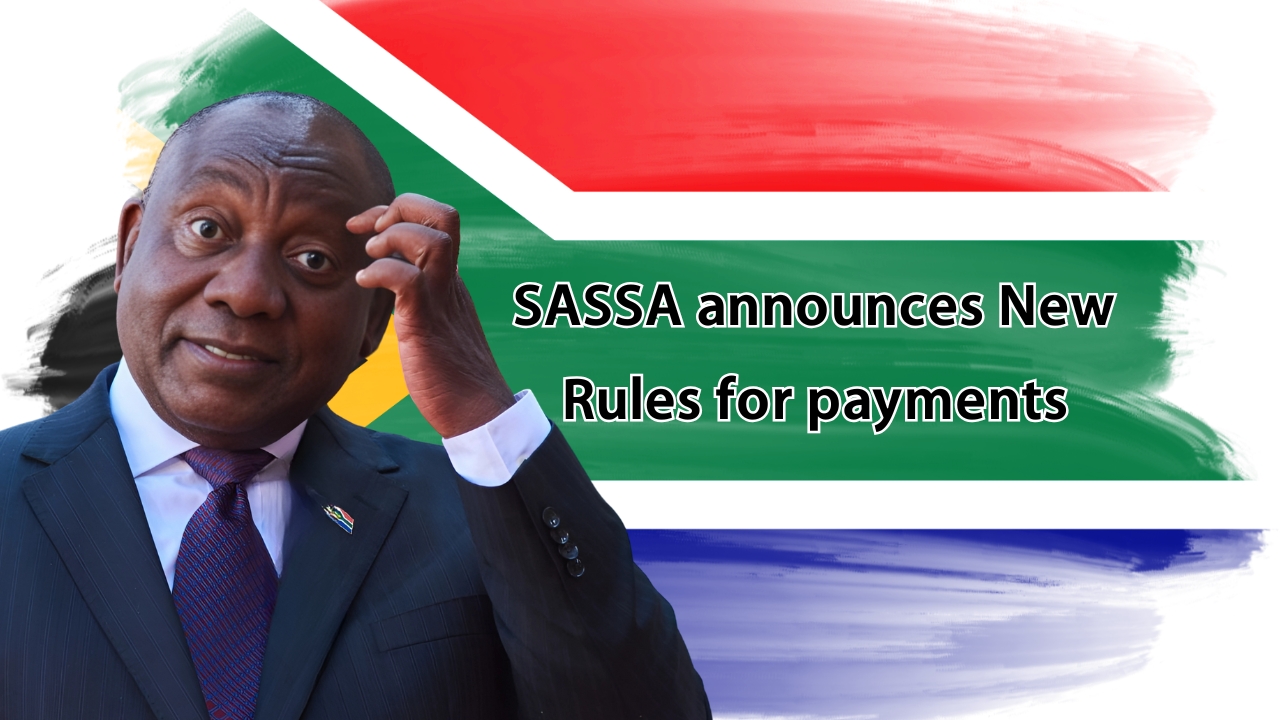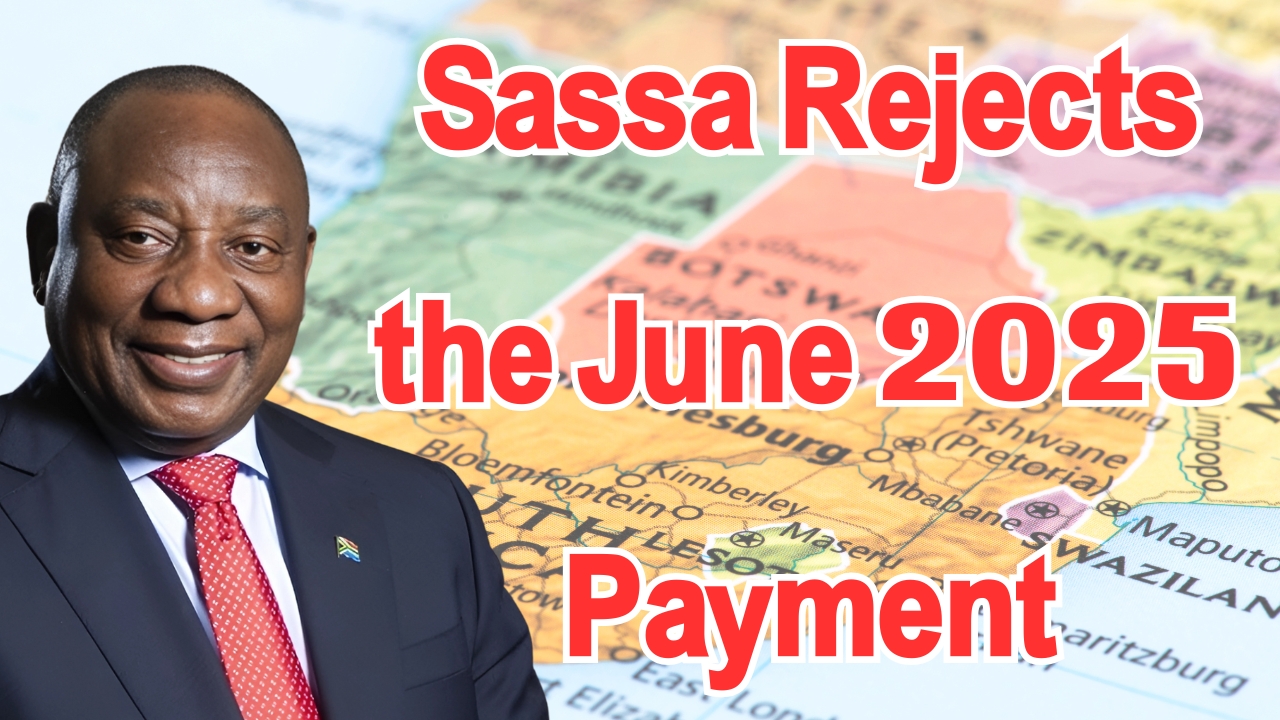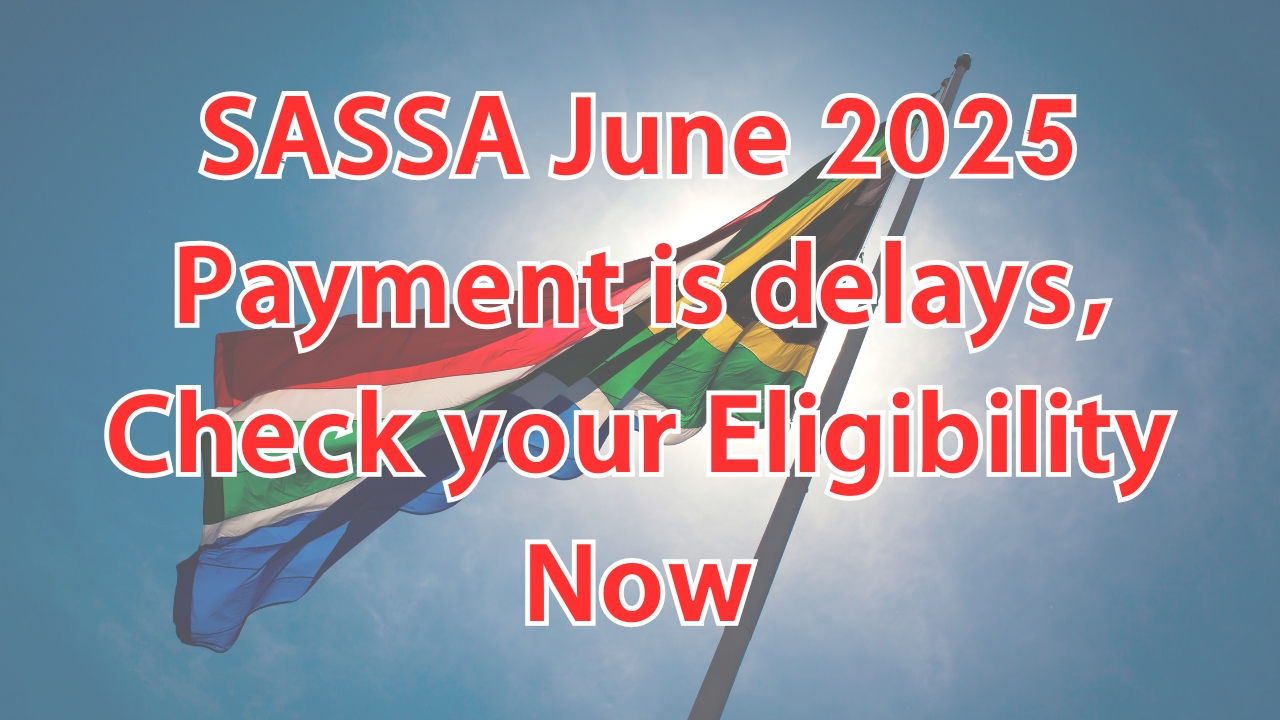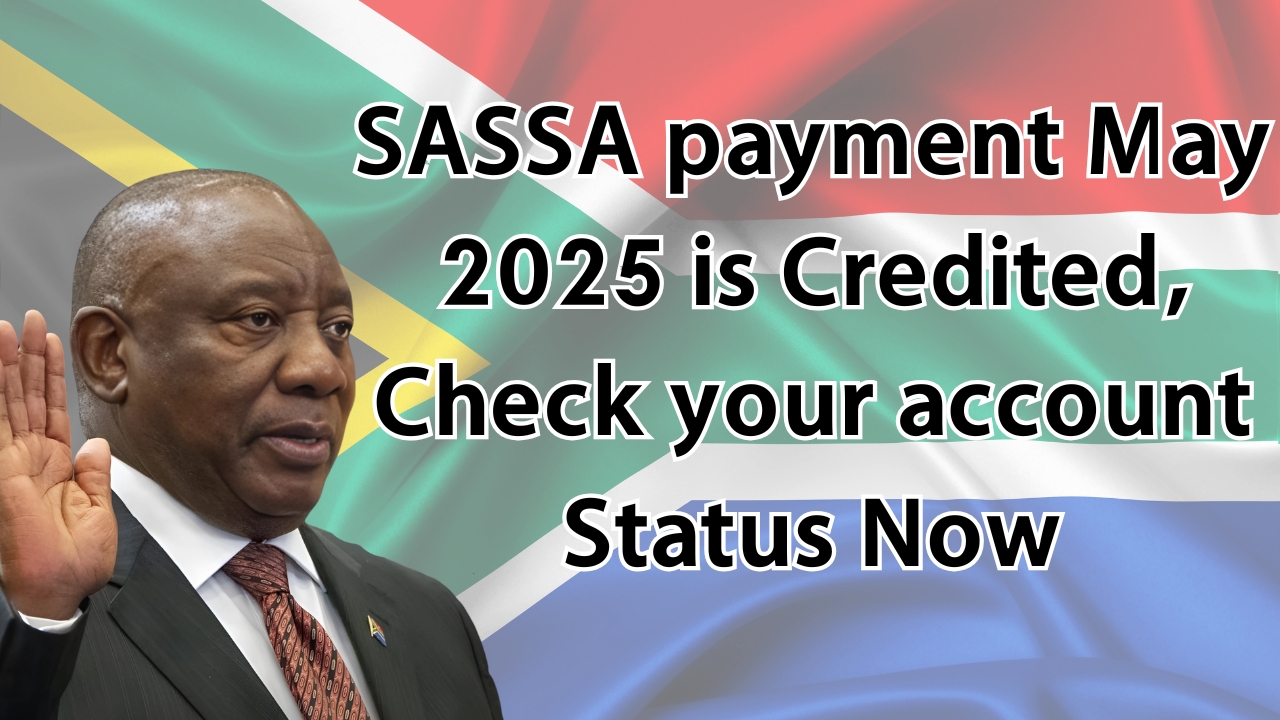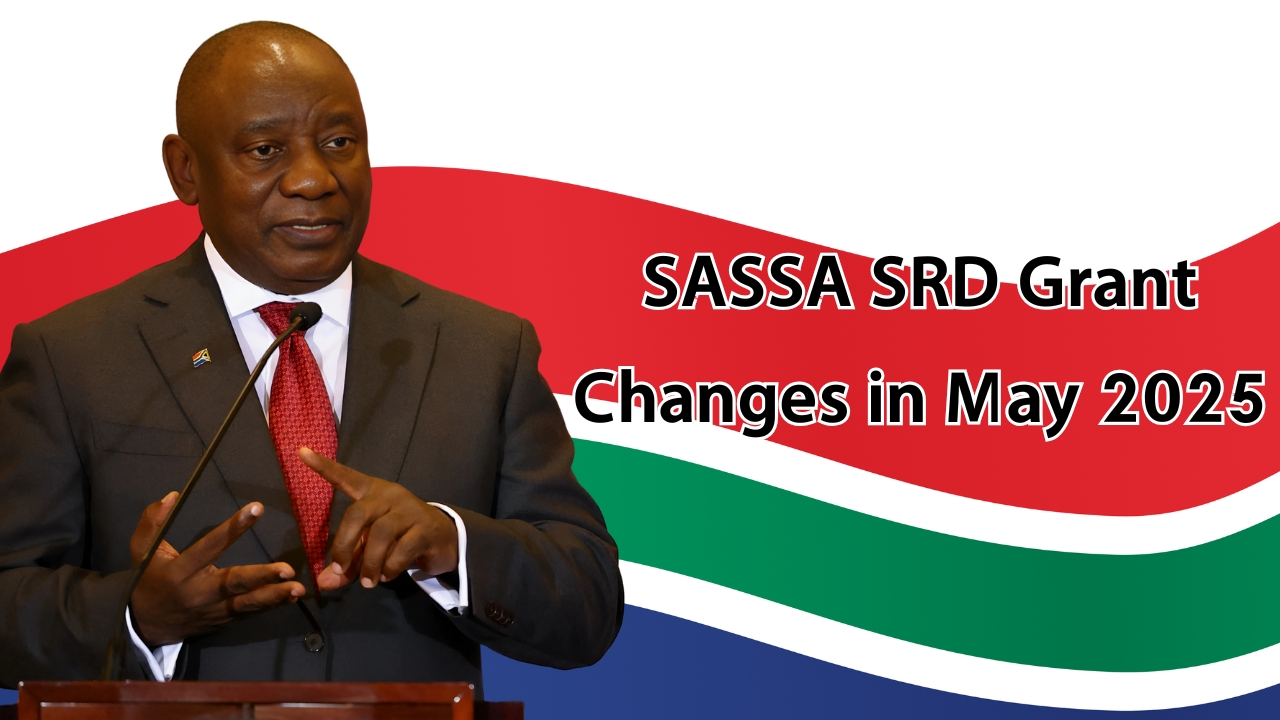The South African Social Security Agency (SASSA) has announced significant new rules and policy changes for 2025, marking the most comprehensive overhaul of the social grant system in recent years.
These changes affect millions of beneficiaries across all grant categories, introducing enhanced verification procedures, updated eligibility criteria, modernized payment systems, and improved application processes.
The new rules aim to strengthen system integrity while maintaining accessibility for vulnerable South Africans who depend on social assistance for survival.
Enhanced Documentation and Verification Requirements
One of the most significant changes in SASSA’s new rules involves mandatory documentation updates for all beneficiaries.
Starting from March 2025, all grant recipients must provide updated documentation according to new guidelines designed to reduce identity theft, fraudulent claims, and ensure accurate payment distributions.
Mandatory Document Updates
All beneficiaries must now provide certified copies of South African identification documents not older than three months, proof of residence within the same timeframe, and proof of income and assets where applicable.
These requirements apply across all grant categories, from Older Persons Grants to Child Support Grants and the Social Relief of Distress program.
The documentation must be updated before July 2025 to avoid payment suspensions.
Failure to comply with these new requirements will result in automatic suspension of grant payments until the necessary updates are completed, creating potential hardship for families dependent on social assistance.
Biometric Verification Implementation
Biometric verification has become compulsory for all beneficiaries, representing a major technological advancement in SASSA’s fraud prevention efforts.
This system requires beneficiaries to provide fingerprints, photographs, and other biometric data to confirm their identity and prevent duplicate claims across different grant programs.
The biometric system creates a secure database that prevents individuals from claiming multiple grants under different identities while ensuring that legitimate beneficiaries maintain uninterrupted access to their support.
This technology particularly targets the prevention of fraudulent claims that have historically drained resources from genuinely needy recipients.
Payment System Modernization
SASSA has announced substantial changes to its payment infrastructure, moving away from traditional cash-based systems toward digital and electronic payment methods.
Grants will only be paid into registered and verified bank accounts, with cash payment points being phased out in most rural areas by late 2025.
Card System Transition
The transition from SASSA Gold Cards to Postbank Black Cards represents a significant shift affecting millions of grant recipients.
The final deadline for this transition has been set for March 20, 2025, after which the older gold cards will no longer be valid for accessing grant payments.
Beneficiaries can obtain their new Postbank Black Cards by visiting Postbank branches or participating retailers including Checkers, Shoprite, and Pick n Pay.
The new cards offer enhanced security features and improved functionality, though the transition requires active participation from beneficiaries to avoid payment interruptions.
Mobile Payment Expansion
Mobile payment systems will be expanded and used more extensively, particularly targeting rural communities where traditional banking infrastructure may be limited.
SASSA is working to extend mobile payment systems to more remote communities by December 2025, providing greater accessibility for beneficiaries in underserved areas.
Eligibility Criteria Updates
The new rules include significant updates to eligibility criteria across multiple grant programs, with income thresholds adjusted to account for rising living costs.
These changes aim to expand access to social assistance while maintaining appropriate targeting of resources.
Income Threshold Adjustments
Higher income limits now accommodate individuals with slightly more earnings, recognizing the impact of inflation and rising living costs on South African households.
For the SRD grant, applicants must earn below R624 per month, representing an adjustment from previous thresholds.
Old Age Pension and Disability Grant income limits have also been raised, allowing more South Africans to qualify for financial assistance while ensuring that support reaches those most in need of government intervention.
Enhanced Child Support Requirements
The child support grant now requires additional documentation from legal guardians, with guardians required to provide legal paperwork proving custody.
These stricter checks ensure that funds reach the rightful caregivers and protect children’s interests by verifying legitimate care arrangements.
This change addresses concerns about fraudulent child support claims and ensures that grants support genuine child welfare rather than enriching individuals who lack legitimate caregiving responsibilities.
Digital Platform Launches
SASSA has introduced significant technological improvements to streamline application processes and reduce administrative burdens for both beneficiaries and agency staff.
SASSA’s new online disability grant system has been launched, allowing applications from home starting June 2025.
Online Disability Grant Applications
The new platform allows beneficiaries to book medical assessments and submit documents digitally, saving time, transport costs, and the stress of long queues.
The system simplifies the previously complex process into three key steps: online booking for medical assessments, digital submission of certified documents, and SMS notifications for real-time updates.
This digital transformation addresses longstanding complaints about the disability grant application process, which previously required multiple in-person visits, extensive travel, and long waiting periods that created hardship for applicants with mobility limitations.
Accessibility Considerations
SASSA clarified that those without internet access can still visit offices for assistance, addressing concerns about digital exclusion affecting vulnerable populations who may lack access to technology or digital literacy skills.
SRD Grant Program Updates
The Social Relief of Distress grant program has received particular attention in the new rules, with comprehensive changes affecting eligibility, application procedures, and payment methods. The 2025 SASSA updates include digitizing and simplifying both initial applications and renewals.
Streamlined Application Process
For new applicants, the entire application process will be online via SASSA’s website or WhatsApp platform. Applicants can submit personal details, ID numbers, and proof of income or unemployment declarations, then receive automated eligibility assessments without requiring in-person visits.
For existing beneficiaries, the manual reapplication process has been eliminated, reducing administrative burden and ensuring continuity of support for eligible recipients who meet ongoing requirements.
Expanded Payment Options
The new rules introduce multiple payment channels for SRD grants, including retail outlets, post offices, and mobile payment systems.
Payments will now be made on set dates each month, with SMS notifications to beneficiaries, providing predictability that allows better financial planning and budgeting.
Enhanced Appeals Process
Recognition of the importance of fair dispute resolution has led to significant improvements in the appeals process for grant applications and eligibility determinations.
There will be a new online portal for appeal submissions, with all appeals processed within 30 days, representing a substantial improvement from previous waiting periods that could extend for months.
The streamlined appeals process includes expanded requirements for additional documentation during reconsideration, ensuring that legitimate appeals receive thorough review while maintaining reasonable processing timeframes.
Anti-Fraud Measures
The new rules include comprehensive anti-fraud measures designed to protect program integrity and ensure resources reach genuine beneficiaries.
New identity checks will be conducted bi-annually, with beneficiaries required to present proof of life every six months.
Verification Schedules
Regular verification requirements help prevent fraudulent claims involving deceased individuals while ensuring that genuine beneficiaries maintain uninterrupted access to support. The bi-annual schedule balances fraud prevention with administrative feasibility and beneficiary convenience.
Fraud Prevention Education
SASSA warns applicants to avoid third-party assistance, emphasizing “Do not share personal details with strangers. Use only official channels”.
This education campaign addresses the proliferation of fraudulent schemes promising expedited applications or enhanced benefits in exchange for fees or personal information.
Implementation Timeline and Support
The new rules are being implemented on a phased schedule throughout 2025, with the 2025 eligibility updates effective immediately, with new applications reviewed under the updated criteria.
SASSA has established multiple support channels to help beneficiaries navigate the changes and maintain compliance with new requirements.
Beneficiary Support Services
Support services include expanded customer service capabilities, enhanced online resources, and increased staffing at local offices to assist with the transition period.
SASSA encourages beneficiaries to update their records proactively rather than waiting for deadline pressure that could create processing backlogs.
Communication Strategies
The agency has implemented comprehensive communication strategies including SMS notifications, website updates, and community outreach programs to ensure that beneficiaries understand the new requirements and deadlines. These efforts aim to prevent payment interruptions due to lack of awareness about the new rules.
SASSA announces New Rules for payments
The South African government has indicated a further grant review scheduled for October 1, 2025, suggesting that the current changes represent part of an ongoing evolution rather than a final transformation of the social assistance system.
Future developments may include additional increases linked to inflation rates, potential overhaul of the SRD grant to become more permanent, and continued enhancement of digital systems for improved efficiency and accessibility.
The new rules announced by SASSA represent a comprehensive modernization of South Africa’s social assistance system, balancing the need for fraud prevention and system integrity with the imperative to maintain accessible support for vulnerable populations.
Success will depend on effective implementation, adequate support for beneficiaries during the transition, and continued refinement based on real-world experience and feedback from the millions of South Africans who depend on social grants for survival.
